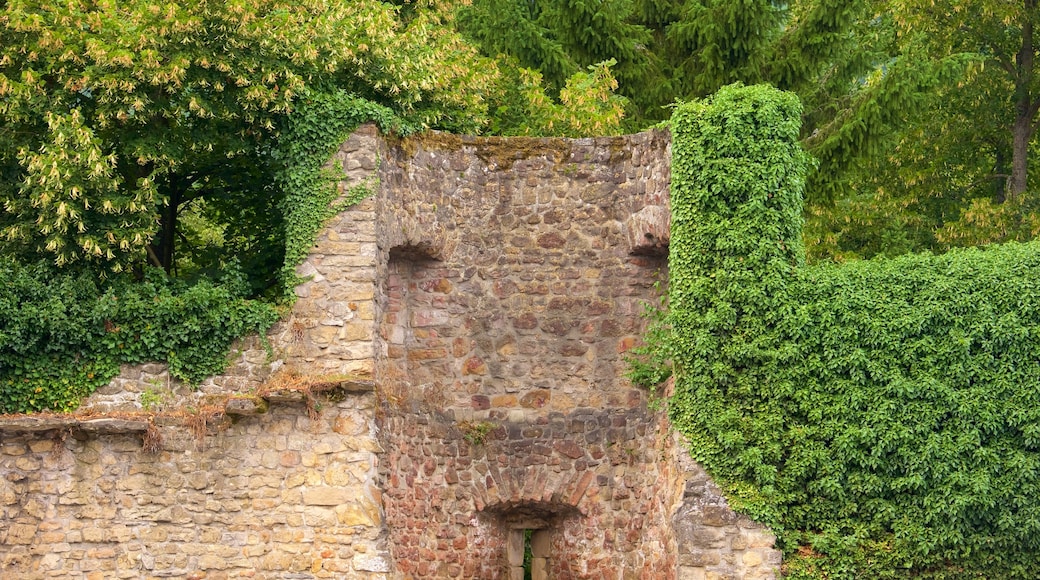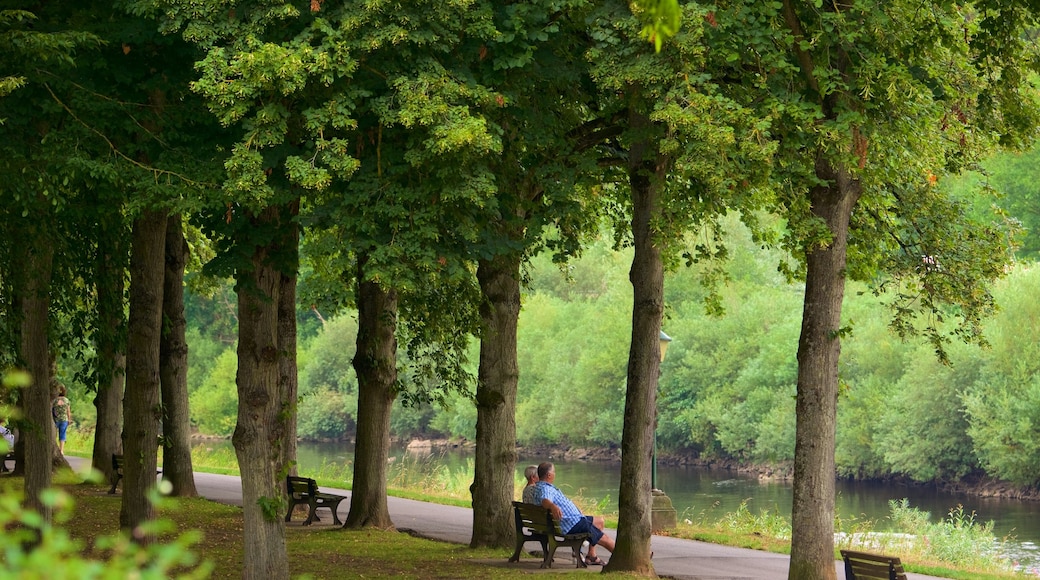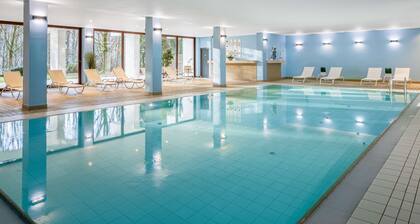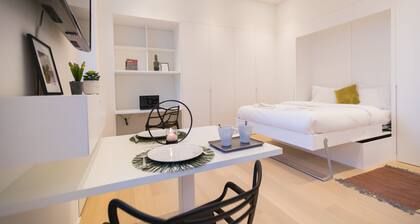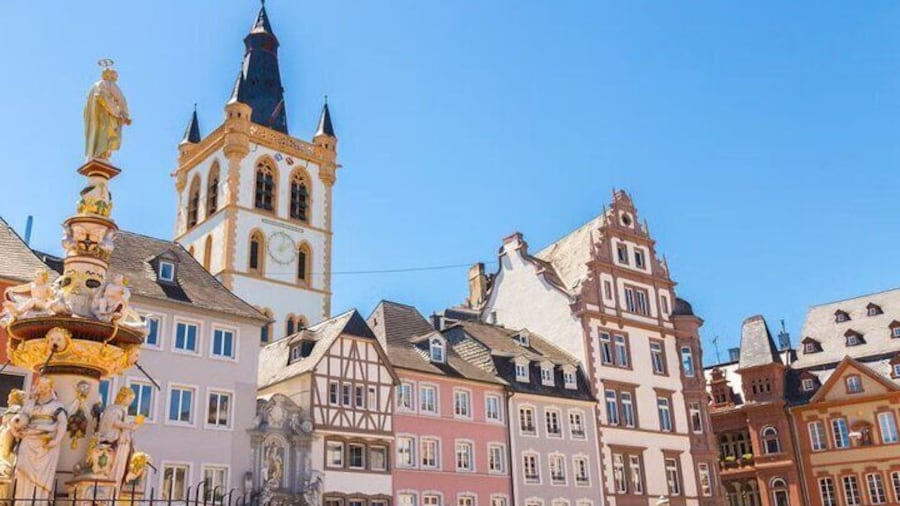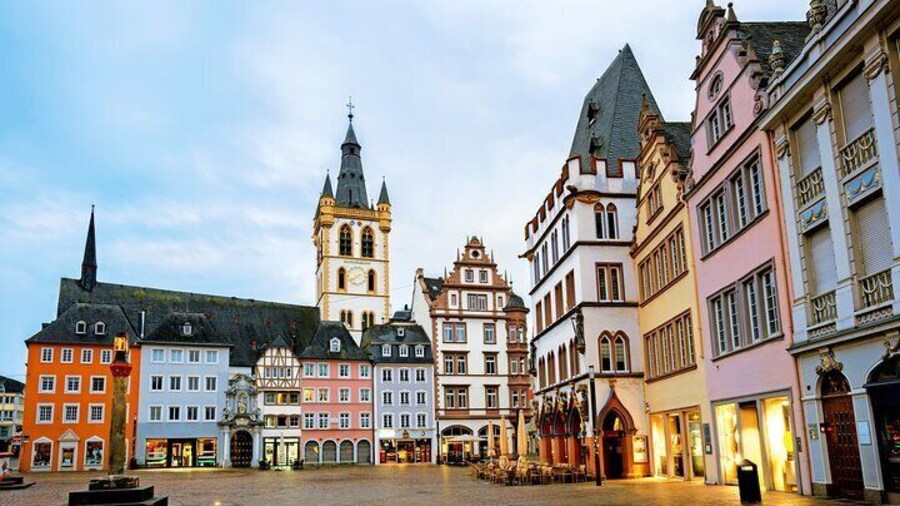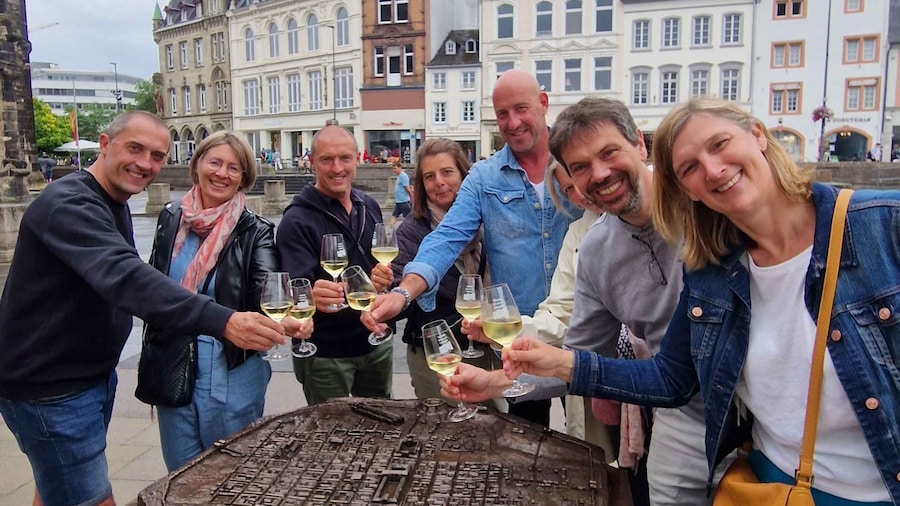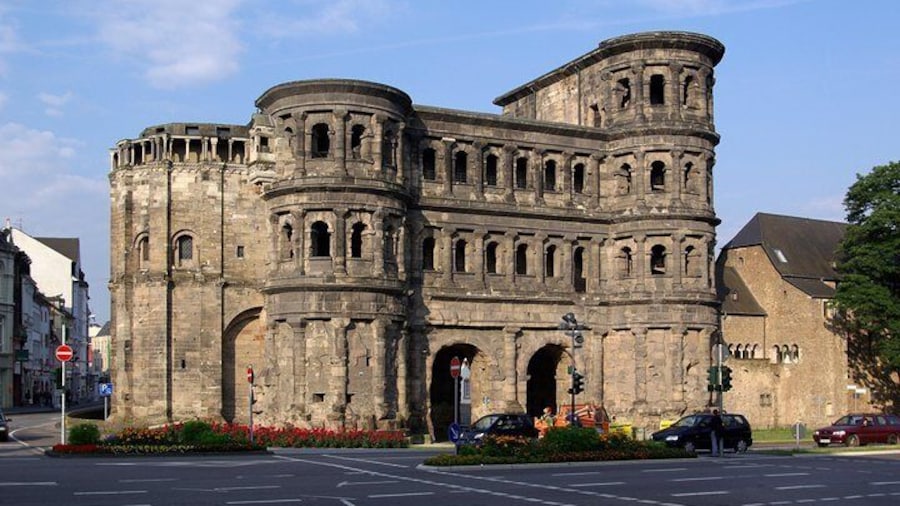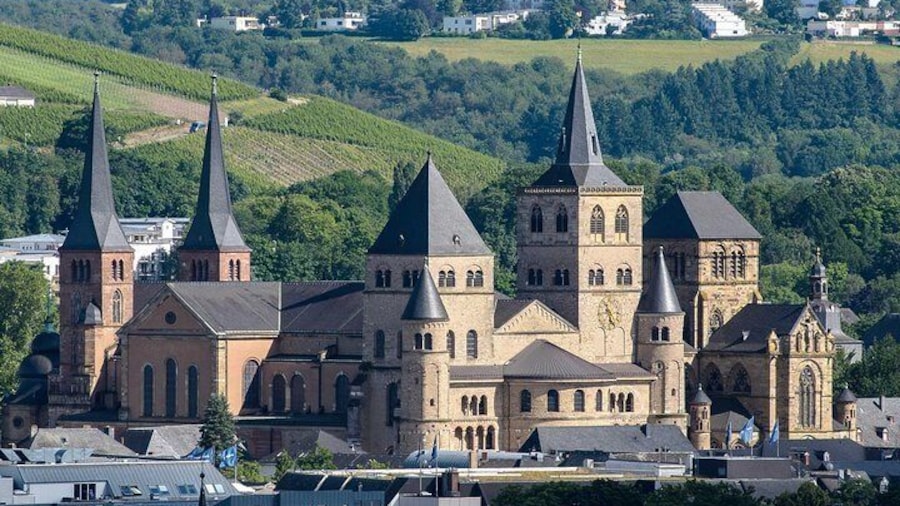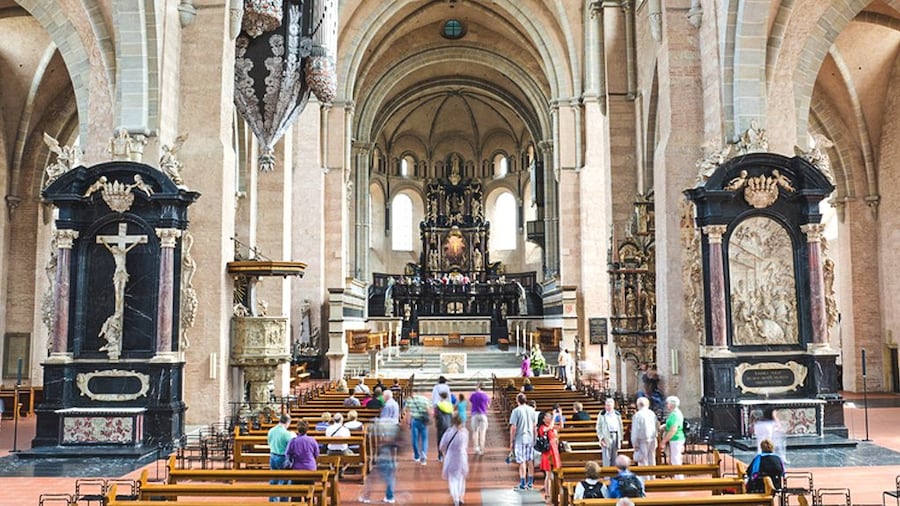Echternach is a charming town formed around the ancient walls of an abbey founded in 698. The town lies along the River Sûre and the border of Germany. Stroll through the town centre’s maze of medieval architecture, including ruins of the old city walls. Relax near the scenic lakeside or join local festivities of music, theatre and folklore.
Embark on an exciting walking tour through Echternach’s ancient streets. See medieval buildings, Gothic townhouses and a heritage marketplace. Enjoy activities in the pedestrianized town square, such as music and folk festivals and flea markets. See the historic courthouse Denzelt and the Hihof Museum of Prehistory nearby.
Investigate the exterior of the old abbey and admire the steadfast architecture of its ancient walls. The building has been used as a high school for more than a century. Visit the adjacent Romanesque basilica, which still serves as the town’s local church. Here find a small museum dedicated to the abbey and its history. Witness nearly 10,000 participants in the Dancing Procession of Echternach, a centuries-old tradition honouring St. Willibrord. It’s held on Whit Tuesday, a date that changes each year.
Wander to the ruins of a Roman villa just outside the town centre. These ancient remains dating back to the 5th century indicate a luxurious space with 70 rooms and subfloor heating. Explore the hiking and cycling trails at the pretty lake and nearby recreational area.
Attend classical music concerts in May and June for the International Festival of Echternach or enjoy the Jazz Festival in September and October. The Trifolion is the town’s premier venue for music performances and events.
Re-energize after your walking tour with delicious macaron mous, Echternach’s traditional soft cookies with flavored mousse fillings.
Echternach is located in central eastern Luxembourg, easily accessible from Luxembourg City by car, bus or bicycle. The drive from Luxembourg City to Echternach takes approximately 30 minutes. Stay in quaint townhouses or rent an apartment within the ancient medieval walls that once encircled the city.


